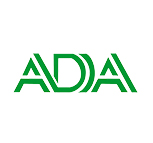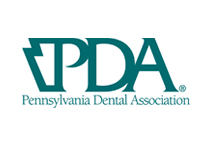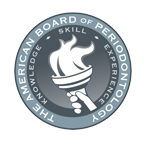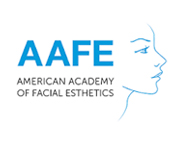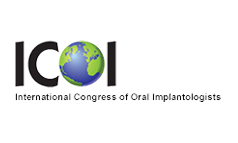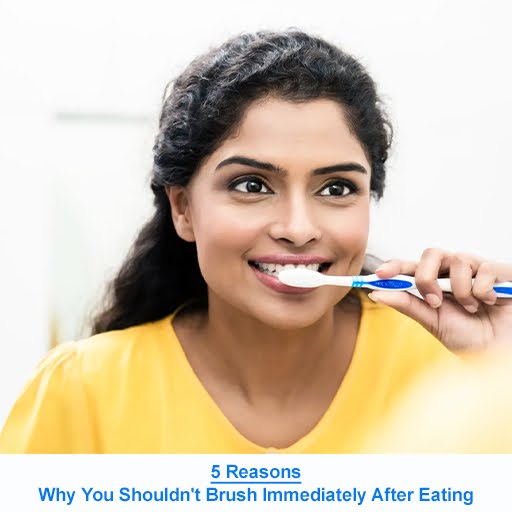
Introduction:
Looking after your teeth is important for keeping your whole body healthy. But did you know that when you brush your teeth matters a lot? You might think that brushing right after you eat is the best thing to do, but experts say it’s not always a good idea. When you eat, the stuff in your mouth becomes a bit acidic, especially if you’ve had something sugary or acidic like oranges. This acidity can make your tooth enamel (the outer layer of your teeth) softer for a while. If you brush your teeth when your enamel is soft, you could end up damaging it. That’s why it’s better to wait a bit before you brush. So, it’s a good idea to wait for about 30 minutes to an hour after eating before you brush your teeth. During this time, your saliva (the spit in your mouth) helps to make your enamel stronger again. You can rinse your mouth with water to help get rid of any food bits and balance out the acidity. This way, you can keep your teeth healthy and strong for a long time.
Summary
1. The pH Factor: Understanding Oral Acidity
5. Timing Is Key: Patience Pays Off
1. The pH Factor: Understanding Oral Acidity
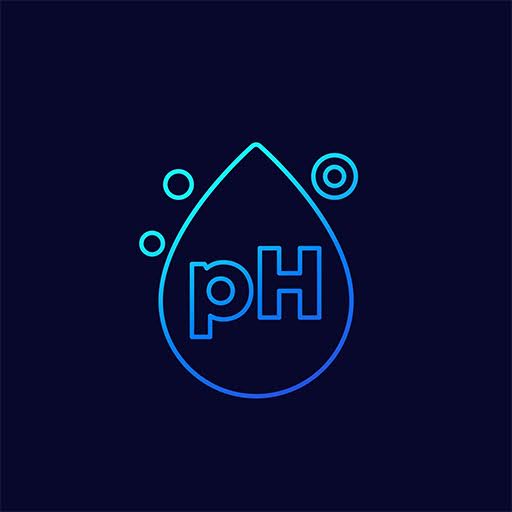
Your mouth’s pH balance is super important for your oral health. When you eat, the pH level in your mouth becomes more acidic because of your saliva breaking down food. This acidity can damage your tooth enamel over time. Rinsing your mouth with water after you eat can help balance out this acidity, making your mouth healthier.
Dentists say it’s crucial to keep your mouth’s pH level neutral or slightly basic to protect your enamel from breaking down. Swishing water around in your mouth after eating can help lower the acidity and reduce the risk of dental problems caused by acidic conditions.
2. Combatting Plaque Buildup
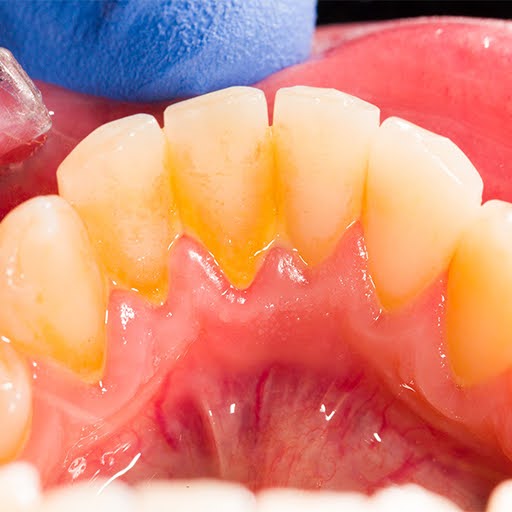
After you eat, it’s not just the food bits stuck between your teeth that are a problem. There’s also something called plaque that forms. Plaque is like a sticky film that sticks to your teeth and can lead to cavities and gum disease if you don’t get rid of it.
Rinsing your mouth with water after eating is an easy way to get rid of food pieces and wash away the extra acid. This helps stop plaque from forming. Making this a habit after meals can help keep your teeth healthy in the long run.
3. Beware of Acidic Culprits
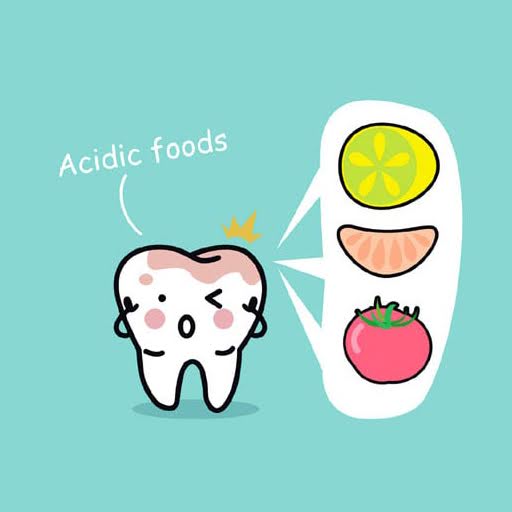
Certain foods pose a higher risk to your oral health due to their acidic nature. Ingredients like citrus fruits, vinegar, and sugary treats can accelerate enamel erosion, making immediate rinsing crucial after consumption. By identifying these acidic culprits and promptly rinsing your mouth with water, you can minimize the harmful effects on your teeth and gums.
Additionally, carbonated beverages, even sugar-free ones, should be approached with caution. The carbonation process creates acidic compounds that can weaken enamel over time. Opting for still water over bubbly alternatives ensures a gentler approach to oral hygiene, preserving your dental health in the long run.
4. Mouthwash Misconceptions
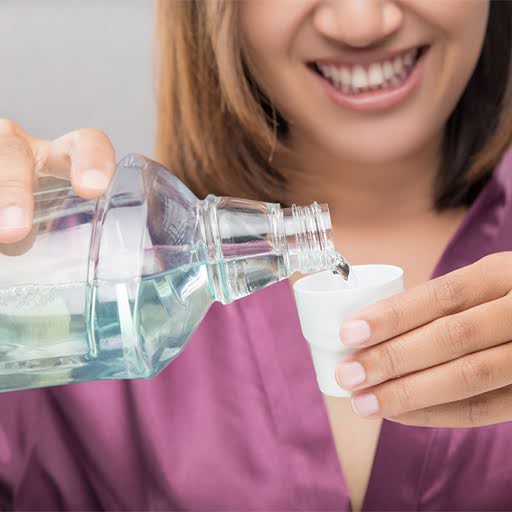
Using mouthwash might seem like a good idea instead of rinsing with water, but it has some downsides. Many mouthwashes have alcohol and other acidic stuff that can mess up the natural balance in your mouth and dry out your gums.
Even though mouthwash can make your breath smell better for a little while, it’s not as good as rinsing with water to keep your mouth healthy. If you do want to use mouthwash, go for ones without alcohol that your dentist recommends. But overall, water is still the best choice for keeping your mouth clean after eating.
5. Timing Is Key: Patience Pays Off

When it comes to keeping your teeth super clean, timing is super important. Even though you might want to brush right after eating, it’s not always the best idea. After you eat foods that are acidic or sugary, your tooth enamel gets soft for a little while. If you brush during this time, you might damage your enamel.
Experts say it’s better to wait about 30 to 60 minutes after eating before brushing your teeth. This gives your saliva time to make your enamel stronger again. During this waiting time, rinsing with water can help get rid of food bits and balance out the acidity in your mouth without hurting your enamel. So, being patient and waiting a bit before brushing is the smart way to keep your teeth healthy for a long time.
FAQs:
Q.1. Is it okay to brush my teeth immediately after eating?
A.1. While it may seem intuitive to brush right after a meal, it’s best to wait at least 30 to 60 minutes. This allows your saliva to remineralize your enamel, reducing the risk of damage from brushing.
Q.2. Can rinsing with water replace brushing altogether?
A.2. Rinsing with water after eating is beneficial for removing food particles and neutralizing acidity, but it doesn’t replace the thorough cleaning that brushing provides. It’s essential to incorporate both into your oral care routine for optimal results.
Q.3. What types of foods should I be particularly cautious about in terms of oral health?
A.3. Foods high in acidity, such as citrus fruits, vinegar, and sugary treats, pose a greater risk to your dental health. Rinsing with water after consuming these foods can help minimize their harmful effects on your teeth and gums.
Q.4. Are there any alternatives to water rinsing for post-meal oral care?
A.4. While water is the preferred choice for post-meal rinsing, some people may opt for mouthwash. However, it’s important to choose alcohol-free formulas recommended by your dentist to avoid disrupting your mouth’s natural pH balance.
Q.5. How can I maintain good oral hygiene throughout the day, especially when I’m on the go?
A.5. If you can’t rinse with water immediately after eating, consider chewing sugar-free gum or munching on crunchy fruits and vegetables like apples and carrots. These can help stimulate saliva production and dislodge food particles until you can perform a thorough oral hygiene routine.
Conclusion:
In the realm of oral hygiene, balance is paramount. While brushing and flossing are essential components of a healthy routine, the timing of these activities matters. By incorporating post-meal rinsing with water into your daily regimen, you can safeguard your teeth and gums against acidity and plaque buildup without compromising enamel integrity.
Remember, oral health is a marathon, not a sprint. By making informed choices about when and how to care for your teeth, you can enjoy a lifetime of radiant smiles and optimal well-being.
If you need help or want to talk to someone about your teeth, you can contact our team at (267) 908-4867 or visit our website at https://premierperiodonticspa.com/contact-us/. Your smile is really important to us, and we’re here to give you all the information and support you need to make sure your dental visit goes well. We’re dedicated to making sure you feel comfortable and happy with your dental care. You can trust us to take good care of you and help you have a healthy and beautiful smile.



